New Research Reveals That 84% Of Tourists Agree That Wildlife-Friendly Tourism Should Be A Priority In South Africa Over Trophy Hunting
Hopeful news for the future of wildlife in Africa as new research reveals that international tourists and South African citizens are in favor of wildlife-friendly experiences, such as seeing iconic African species on safari in the wild, instead of trophy hunting. This comes as South Africa opens up consultation on its draft white paper Conservation and Sustainable Use of South Africa’s Biodiversity.
World Animal Protection commissioned research into the public’s opinion about trophy hunting, surveying 10,900 people from around the world, including international tourists from countries who most frequently visit South Africa, as well as South African citizens. It revealed universally strong opposition to the blood sport of trophy hunting and a desire to finance the protection of the nation’s iconic wildlife through non-lethal alternatives such as responsible wildlife tourism.
The key findings from the research revealed:
-
84% of international tourists agree that the South African government should prioritize wildlife-friendly tourism over trophy hunting
-
74% of international tourists agreed that making trophy hunting a key pillar of policy will damage South Africa’s reputation, and 72% would be put off from visiting the country altogether
-
7 out of 10 South African citizens agree that their country would be a more attractive tourist destination if they banned trophy hunting
-
74% of South African citizens agree that trophy hunting is unacceptable when wildlife-friendly tourism alternatives have not been fully utilized.
“The white paper seeks to create a prosperous nation, living in harmony with nature where biodiversity is conserved for present and future generations, this is a great start,” said Nick Stewart, Global Head of Campaigns for Wildlife at World Animal Protection. “But it falls short on clarity or tangible commitments to end the global commercial wildlife trade, which includes captive lion breeding, the use of big cats for traditional medicine and trophy hunting.”
“The Republic of South Africa needs to take decisive action to move towards a more wildlife friendly future,” continued Stewart. “It’s not too late for them to grasp the opportunity to make a clear stand, by fully embracing non-lethal wildlife-friendly alternatives, including responsible wildlife tourism, which is clearly what international tourists and local people are seeking. It’s time to make public, time bound commitments, starting with killing off trophy hunting – for good.”
“The life of a wild animal is worth so much more than the trophy it is too often reduced to. This is the shared view of tourists, who want to visit the country to see wildlife alive and thriving, and of South Africans who want to see the incredible wildlife on their doorstep, protected properly, in a humane and ethical manner,” said Edith Kabesiime, Wildlife Campaign Manager (Africa) at World Animal Protection.
“The government needs to listen to South African voices who clearly don’t want their wildlife heritage plundered any further and want to see change. Continuing to make wild animals shoot-to-kill targets at the mercy of wealthy westerners is outdated in a world where public attitudes are swiftly shifting.
“Without taking a firm stand, South Africa is starving the oxygen from creative thinking to identify, incentivize, and implement non-lethal alternatives to conserve Africa’s iconic wildlife. Wildlife has the right to a wild life free from cruel commercial exploitation; we need to respect and protect them,” concluded Kabesiime.
World Animal Protection welcomed the decision from the Department of Forestry, Fisheries and the Environment of South Africa in May 2021, when new measures to halt the domestication of captive lions, as well as the phasing out of the commercial captive lion industry was announced. Yet, this progressive step has stalled, with little progress taking place in the year that has followed.
The development of wildlife-friendly tourism and the removal of wildlife exploitation like trophy hunting and captive lion breeding, has the potential to enhance South Africa’s international reputation as a global leader for wildlife-friendly experiences. It would reposition the country as an even more competitive destination of choice for responsible travellers and tour operators.
World Animal Protection is now calling for the Republic of South Africa to:
-
Reject cruel, lethal practices such as trophy hunting as a default approach to sustainable development and conservation;
-
Make a public commitment to end trophy hunting;
-
Invest in other non-lethal economic alternatives, including wildlife-friendly tourism instead.


